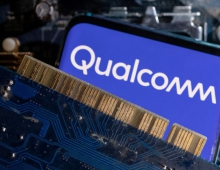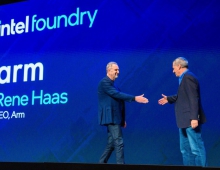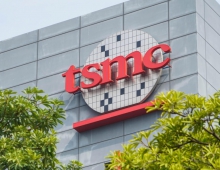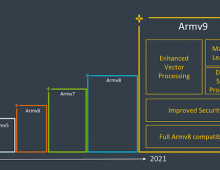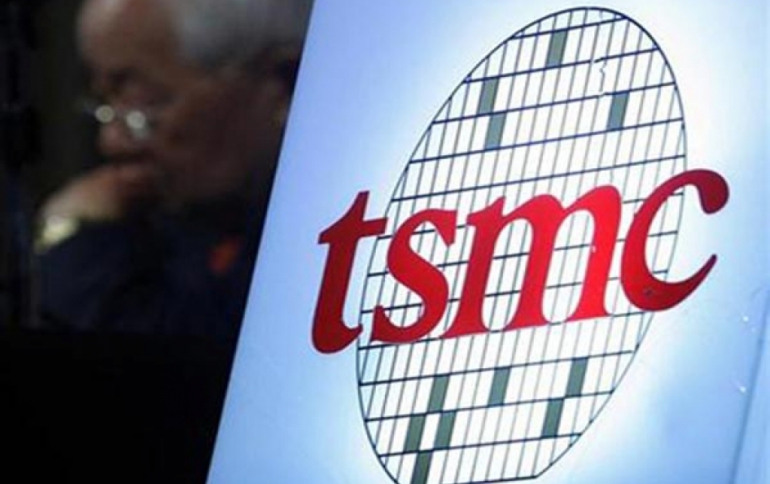
ARM and TSMC To Collaborate on 7nm FinFET Process Technology
ARM and TSMC announced a multi-year agreement to collaborate on a 7nm FinFET process technology which includes a design solution for future low-power, high-performance compute SoCs. The new agreement expands the companies' partnership and advances leading-edge process technologies beyond mobile and into next-generation networks and data centers. Additionally, the agreement extends previous collaborations on 16nm and 10nm FinFET that have featured ARM Artisan®foundation Physical IP.
"Existing ARM-based platforms have been shown to deliver an increase of up to 10x in compute density for specific data center workloads," said Pete Hutton, executive vice president and president of product groups, ARM. "Future ARM technology designed specifically for data centers and network infrastructure and optimized for TSMC 7nm FinFET will enable our mutual customers to scale the industry’s lowest-power architecture across all performance points."
"Customers designing their next generation high-performance computing SoCs will benefit from TSMC’s industry-leading 7nm FinFET, which will deliver more performance improvement at the same power or lower power at the same performance as compared to our 10nm FinFET process node," said Dr. Cliff Hou, vice president, R&D, TSMC.
This latest agreement builds on ARM and TSMC’s success with previous generations of 16nm FinFET and 10nm FinFET process technology.
Seperately, TSMC announced a partnership with MediaTek to continue developing products for Internet of Things (IoT) and wearable products with TSMC’s ultra-low power (ULP) technology platform.
In January, TSMC and MediaTek achieved their first product milestone on this platform by launching MediaTek’s MT2523 chipset for fitness smart watches. Built on TSMC’s 55nm ULP technology, MT2523 is the first system-in-package (SiP) solution to offer GPS, dual-mode Bluetooth Low Energy, and a MIPI-supported high-resolution mobile screen.

